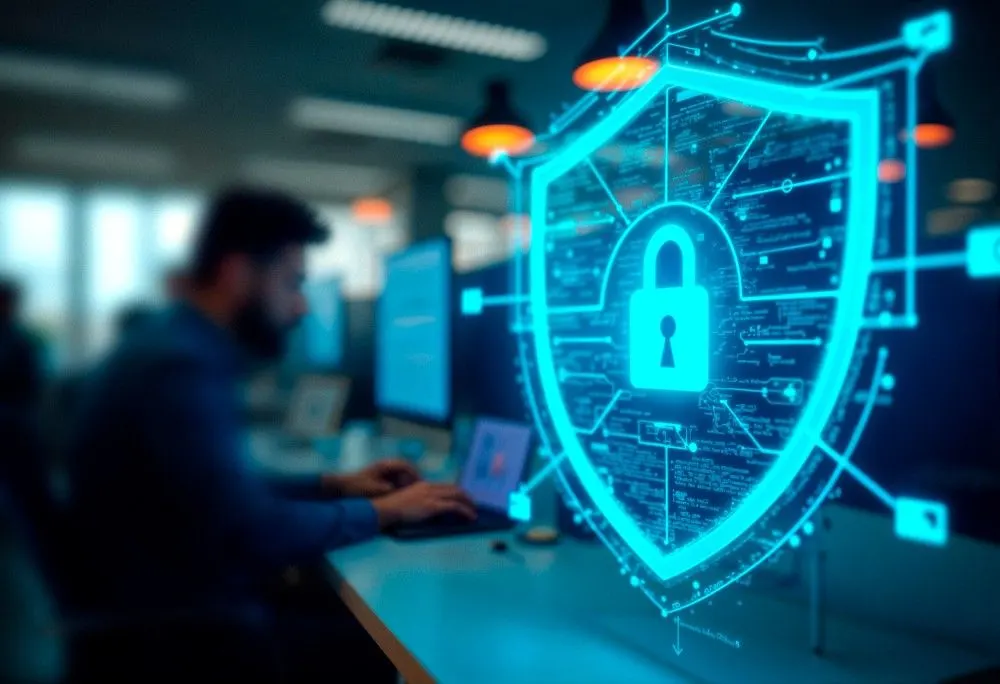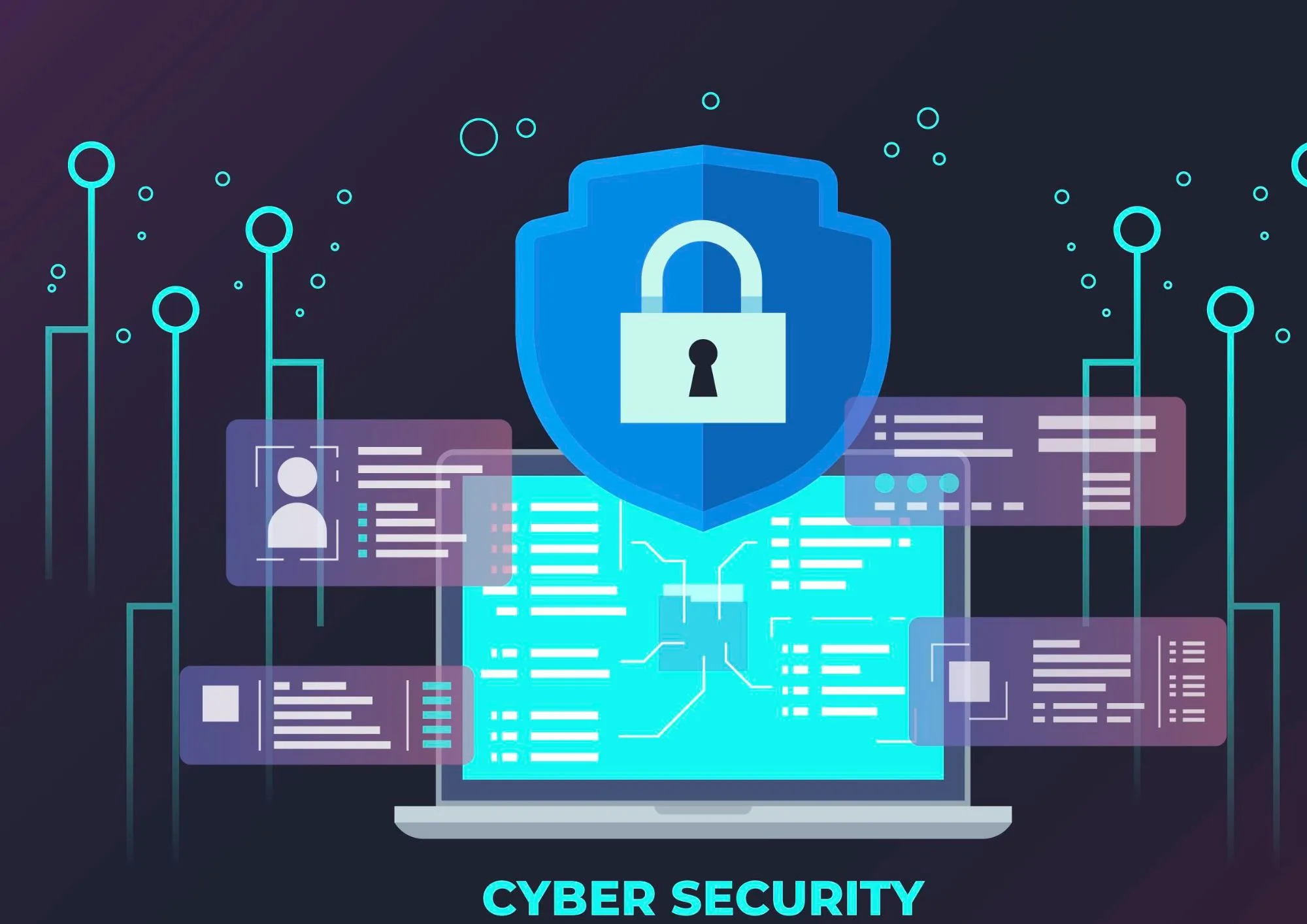Cybersecurity Courses for Beginners Online
The digital world is always changing, resulting in an increase in connected gadgets and a greater dependence on the internet. Despite its great convenience, this interconnection also poses a serious risk: cybersecurity attacks. Cybercriminals are always coming up with new ways to take advantage of weaknesses, from ransomware assaults and data breaches to phishing schemes and social engineering.
The need for qualified cybersecurity specialists has increased as a result of this. Cybersecurity Courses for Beginners Online provide a flexible and convenient approach to acquire important knowledge and skills if you are interested in cybersecurity and want to learn more. This article will examine the realm of Cybersecurity Courses for Beginners Online, assisting you in determining what to anticipate, selecting the best course, and making the most of your newly acquired knowledge.

Online Cybersecurity Courses: Why Choose Them?
- Convenience and Flexibility: There is no greater flexibility than taking classes online. Without the limitations of a typical classroom, you may learn at your own speed and fit it into your schedule.
- Accessibility: No longer restricted by geography. From anywhere in the globe, get access to excellent teaching.
- Diverse Options: From basic introductions to advanced certificates, a large selection of courses are offered.
- The cost-effectiveness of online courses is often lower than that of traditional programs; some even provide free or inexpensive alternatives.
- Development of Practical abilities: A lot of online courses include simulations, real-world situations, and practical activities to help students develop their practical abilities.

Key Areas Covered in Beginner Cybersecurity Courses:
- Basics of Cybersecurity: Cybersecurity Ideas Discover the fundamentals of risk management, vulnerabilities, and threats in cybersecurity.
- Knowing how networks work and how to defend them against intrusions is known as network security.
- Investigate encryption and decryption methods in cryptography to protect data.
- Learn about identity management, authorization, and authentication in access control.
- Knowing how to spot typical dangers like malware, phishing, and social engineering is part of threat intelligence.
- Threat hunting: Learn how to proactively recognize and address new dangers.
- Vulnerability Assessment: Acquire the skills necessary to recognize and evaluate flaws in programs and systems.
- Incident Response: Incident Handling: Recognize the steps involved in containing, eliminating, and recovering from security issues.
- Learn how to create and carry out strategies for disaster recovery in the event of a cyberattack.
- Penetration testing and ethical hacking: Acquire the skills necessary to find and take advantage of vulnerabilities in a controlled setting.
- Vulnerability Scanning: Make use of technologies to find potential points of entry for attackers and check systems for vulnerabilities.
Choosing the Best Online Course in Cybersecurity: Establish Your Learning Objectives
What are your goals for your career? Do you wish to build a certain skill set or seek a specific certification?
- Take Your Learning Style Into Account: Which do you like better, instructor-led or self-paced learning? Do you learn best in interactive activities, hands-on labs, or video lectures?
- Research Course Providers: Search for respectable organizations or resources that provide top-notch cybersecurity instruction.
- Review and Testimonial Reading: Check out what other students are saying about their educational experience.
- Look for Certifications: If earning certificates is crucial to you, make sure the course complies with accepted industry norms.
- Take Your Budget into Account: Investigate choices that satisfy your budgetary limitations.
How to Succeed in Online Courses on Cybersecurity:
- Establish a Specialized Learning Area: Locate a peaceful, distraction-free space where you may concentrate on your study.
- Establish reasonable objectives and follow a timetable: Make a study schedule and set up particular times to learn.
- Practice Often: Gaining practical cybersecurity skills requires hands-on experience. To strengthen your learning, make use of real-world projects, simulations, and online laboratories.
- Interact with Teachers and Fellow Students: Ask questions, participate in online forums, and have conversations with teachers and other students.
- Keep Up: The field of cybersecurity is always changing. By reading trade journals, going to webinars, and getting advanced certifications, you can keep your knowledge current.
Making Use of Your Cybersecurity Expertise:
- Career Advancement: Across a range of businesses, cybersecurity expertise is highly sought for.
- Opportunities for Freelance Work: Provide your cybersecurity knowledge to companies on a contract basis.
- Entrepreneurship: Create original security solutions or launch your own cybersecurity consulting business.
- Contributing to Open Source initiatives: By taking part in open-source initiatives, you can obtain real-world experience and support the cybersecurity community.
- Volunteering: Offer your time and expertise to companies in need of cybersecurity support.
For those starting their cybersecurity journey, several beginner-friendly courses are readily available. Many reputable online platforms offer introductory courses covering fundamental concepts, network security basics, and common cybersecurity threats. Cybersecurity Courses for Beginners Online often cater to individuals with no prior experience, making them an ideal starting point. Institutions like RedTeam Hacker Academy provide a range of well-structured online courses designed for beginners, offering a comprehensive foundation in cybersecurity principles and practical skills
Conclusion
The Certified Ethical Hacker Course provides an excellent opportunity for individuals to gain valuable knowledge and skills in this critical field. By carefully selecting a course that aligns with your learning goals and by dedicating yourself to consistent learning and practice, you can embark on a rewarding career in cybersecurity.
Disclaimer: This blog post is for informational purposes only and does not constitute professional advice.










